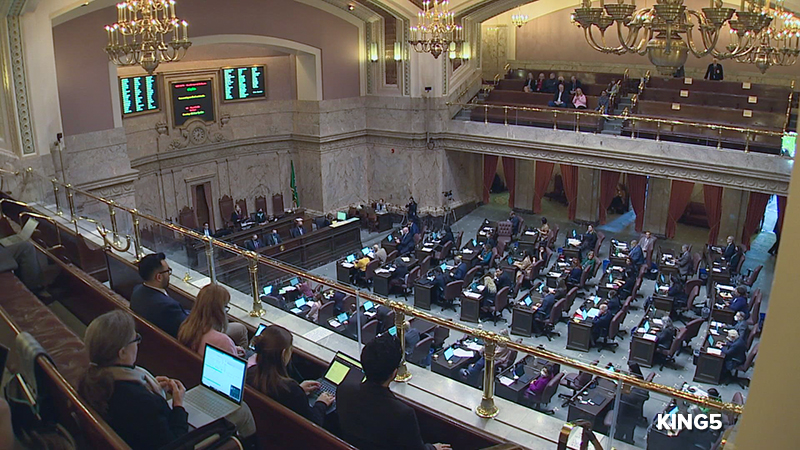
January 31 marked the first Legislative Session Cut-Off. All bills had to be voted out of their policy committee of origin in order to receive further consideration. Of the several thousands of bills introduced, many will go by the wayside. The cut-off dates are designed to narrow the number of proposals and keep the process moving forward.
Many bills that either bring in money or expend money will end up in a fiscal committee – either Appropriations or Finance in the House or Ways and Means in the Senate. These committees have until February 5 to hold a hearing and vote on bills they would like to move forward.
The next major hurdle is the House of Origin Cut-Off on February 13. All House bills have to be voted over to the Senate, and all Senate bills have to be voted over to the House, where the hearing process starts all over again.
The last day of Session is scheduled for March 7 – known in Latin as “Sine-Die.”
Now for the disclaimer. No bill is totally dead until the legislature adjourns and goes home. Many bills are considered “necessary to implement the budget.” This means they are immune from all cut-offs and can be considered until the end of session. Additionally, any bill that fails to make a cut-off can be revived through a number of parliamentary procedures. This is rare and done only on exceptional basis – like to usurp the power of a chair of a committee that refuses to move a bill that a majority of the assembly wants.
WR is working diligently to keep several bad bills from advancing and to move along several good bills.

